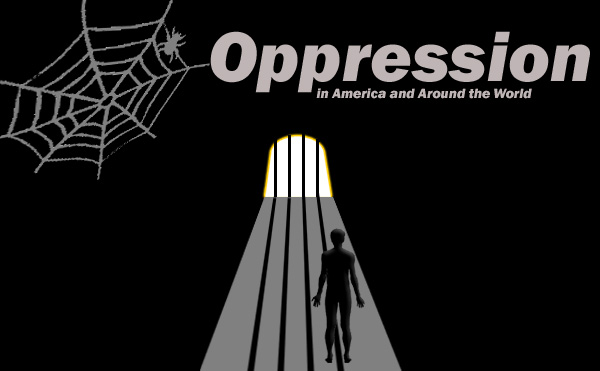An all too typical situation that confronts most of us in our lives: we get a new job. Great!! On your first day at the new job, you are presented with numerous documents to fill out (how much do you want withheld; how many dependents are you claiming; etc.) A recent California case provided guidance to employers (and by inference to employees) that compelling a new employee on their first day of work to sign an arbitration agreement for work-related disputes was illegal and the contract provision was overturned. The reasons for this development are numerous, but primarily due to the employee not being provided a copy of the company policy prior to being forced to sign the arbitration agreement. The employer told its employee that the policy would be provided in a “few weeks” and that if the arbitration agreement was not signed on the first day of employment, it would be deemed a rejection of the employment agreement and a refusal of the job offer. Can most of us turn down a job because of this? Probably not.
The court found that this situation created a contract of adhesion. This means the contract was offered on a take it or leave it basis and the parties are in an unequal bargaining position. The company with the arbitration agreement could seek judicial intervention, while the employee could not. Moreover, the employee would need to pay fees to use the arbitration process, while the company did not have to. Also, if a matter went to arbitration, the employee would have to have all claims contained in the one hearing and any other claims not mentioned in that one hearing would be waived. The company did not have this limitation. Because of the inequality of the bargaining, the court refused to rewrite the contract to comport with equality. The court found that this activity is not its function. Therefore, the lesson learned here is that if the employer wants to arbitrate disputes a measure of equality must be provided to the employee.
On the foreign policy front, should the US evolve and allow persons that would be deportable to stay here if they fear death because they are transgender? A federal appellate panel recently allowed three women to stay because they demonstrated that would be raped and killed by their own families and the Mexican police because they are transgender. The Federal panel chided the Obama Administration for not seeing the difference between gender identity and sexual orientation. The women qualify for relief under an international human rights treaty known as the Convention Against Torture. The court decision recognizes the difference between gender identity and sexual orientation. While Mexico has recognized gay marriage since 2009, the police and Army do little to enforce these laws. Should the US take the lead in this endeavor? Should people have the right to be free from death and/or torture if they are returned to their native country? What would Mr. Trump say in this situation? A knee jerk reaction to this issue is too simple and needs more extensive analysis.
Additionally, should the US offer its aid to help in the current Syrian immigrant situation? We cannot and should not sit by and let people be treated as animals and placed in camps or worse because they are fleeing the oppression of ISIS. The key questions presented are what type of aid should we send? How much will it cost? Is there an exit plan? Should we have the US have some of these people come here? Should we adhere to the Emma Lazarus’ poem on the Statute of Liberty (Give me your poor huddled masses, yearning to be free, etc.)?
What say you?




